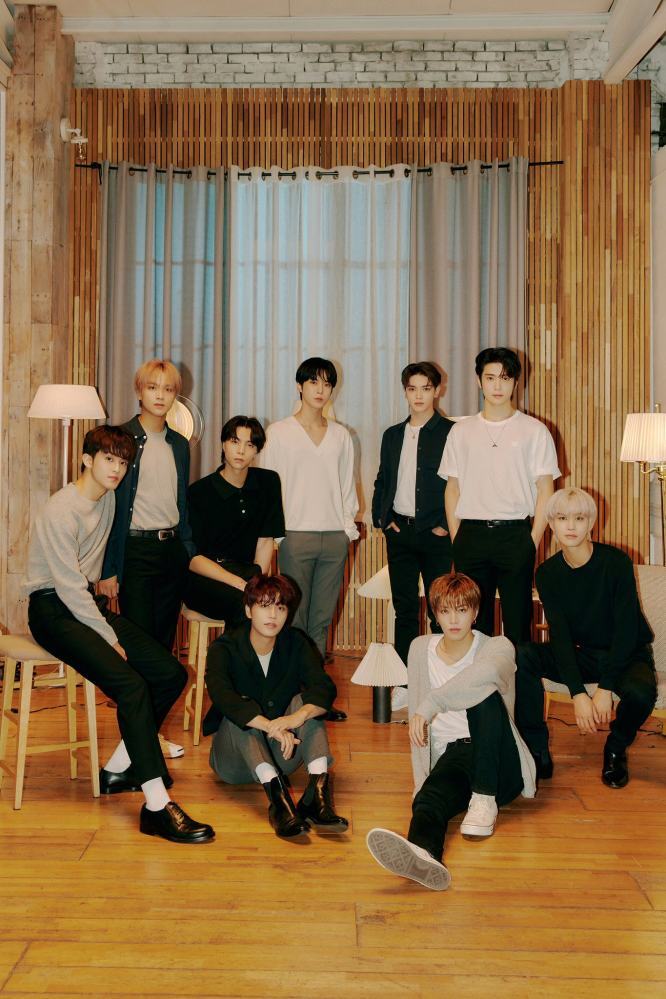
How much is K-pop going to be hurt by China’s crackdown on entertainment? The impact is already being felt
- Chinese fan clubs of K-pop stars have already been asked to change their names, while fans are now limited to buying an album only once
- According to South Korean music chart Hanteo, over 10 per cent of all K-pop albums verified through its sales system this year have been sold to fans in China
“As we are writing this, we are sorry to inform you that we may not be able to order as many copies as we had expected,” reads a tweet posted on August 31. “As some of you may know, we have run into unexpected obstacles with tightened restrictions on fan clubs.”
The post was shared by the account @LISABar_CN, or Lisa Bar, the first and largest fan club in China dedicated to Blackpink’s Lisa, ahead of the release of her first single album, Lalisa, on September 10.
The message reflects growing changes in Chinese fandom communities following a government crackdown on both the general entertainment field and particularly pop idol culture. The ramifications for the K-pop industry are potentially huge as local fandom spaces become less able to support their favourite South Korea-based stars.
In the four-tweet thread, Lisa Bar’s administrator shared regrets about Chinese fans not being able to support their favourite star as much as they had wanted to - fans are now limited to only buying an album once, whereas previously many would have bought the same album multiple times to help their favourite idols or groups post higher sales – and hinted to the impact on Chinese fan spaces in the larger international K-pop communities.
“We are sorry as we also had expectations for ourselves to do our best for Lisa, but we have to comply with the guidelines placed upon fans,” they wrote. “We hope everyone can do their best and we work hard together. All for Lisa.
“As Chinese fans, we have stepped up to the role of being the fan organisations that international fans could rely on, but we didn’t expect that eventually we would let you all down. We are very sorry, we hope you all can work hard for us at this moment.”
They have prompted major concerns in South Korea’s media industry as China has restricted South Korean entertainment in the past, though China’s embassy on Wednesday responded with a statement to clarify that the crackdown on celebrity culture is not targeting a single country.
Lisa Bar hasn’t commented again on the situation or clarified potential album sales, but has retweeted posts promoting Lisa’s upcoming release.

The group is not the only dedicated K-pop fandom in China struggling in the country: TzuyuBar, dedicated to Twice’s Tzuyu, has reportedly been asked to remove the term “bar” from its account name, which it tweeted was in accordance with the new regulations applying to all fan sites with a name containing that word. (Celebrity “bars” are topic- or artist-based forums on Chinese communication platform Baidu Tieba run by a few administrator fans.)
“Hello, we noticed some reports lately about TzuyuBar’s name change, but some parts are misinterpreted,” TzuyuBar tweeted on September 1. “We would like to clarify our rename is to correspond with the new regulations that applies to all fan sites. Thank you for everyone who clarified for us.”
To date, more than 20 different K-pop-associated bars have now been reportedly suspended by Weibo.
Bars are immensely powerful in China and have a large impact on idols’ careers, both local ones and overseas artists including K-pop stars.
They often coordinate not only streaming campaigns to support new releases but also sizeable paid projects, including the mass buying of albums and ads celebrating their favourite stars’ career milestones.
Park Jimin Bar, for instance, recently booked a multi-month ad campaign with a South Korean airline to celebrate Jimin from BTS’s birthday; he’ll turn 26 on October 13.
K-pop September releases from Blackpink’s Lisa, NCT 127 and more
However, after the announcement of the campaign, the bar was reportedly temporarily banned from posting on Weibo for allegedly raising funds illegally. According to AP, the bar raised over US$350,000 in support of the campaign, and in support of other ad campaigns commemorating the star’s birthday.
“Weibo firmly opposes such irrational star-chasing behaviour and will deal with it seriously,” AP reports a Weibo statement as saying.
“I believe the [Chinese government’s campaign] will bring difficulties to many kinds of fan practices, while fans will change their practices in various ways to adapt to the new situation,” says Sun Meicheng, a doctoral candidate in communication studies at Nanyang Technological University’s Wee Kim Wee School of Communication and Information in Singapore, who has published research on Chinese fandoms of K-pop stars.
China’s new anti-entertainer agenda is likely to change things, however. Restrictions on allegedly “wasteful” spending, including the common fan practice of buying the same album multiple times, will financially hurt not only the music industry but also various other industries that have benefited from pop idol associations in China.

China-based album sales have been hugely important for K-pop companies in recent years, and K-pop albums are regularly bestsellers in the country. According to a 2021 global K-pop report from South Korean music chart Hanteo, over 10 per cent of all K-pop albums verified through its authenticated sales system this year have been sold to fans in China.
Because of the new rules, a dip in K-pop album sales is likely.
“I think there will possibly be a decline in K-pop sales and figures, including physical and digital album sales, as well as the number of times music videos and songs are streamed,” Sun says.
However, it’s unclear how quickly that will change, as bars were still coordinating sales for albums including Lalisa and NCT 127’s forthcoming Sticker on fan communities and retail platforms, including Yizhiyu and Owhat, as of last week.
“Now, each user can only buy one copy of a digital album,” Sun says. “Idol music albums that might otherwise have become bestsellers might now achieve a lower ranking or disappear from the chart quicker.”
Twitter declares BTS’ Butter song of the summer in the US
Sun suggests that the crackdown may be beneficial in reducing the intense state of fandom nowadays. “I think it is also the chance to change the idol fan culture, that is, to reduce overconsumption and excessive fan labour.”
The larger impact on K-pop may be in what’s to come of its Chinese stars. Numerous groups, including Seventeen, Aespa, NCT Dream and Everglow, feature members of Chinese descent, and it’s not yet clear what will happen to them amid the crackdown.
The most dedicated fans will still find a way to support the stars they love, Sun says, but are set to face a tough period ahead.
“I believe some fans may still try to maintain their previous practices, and such practices may become more secret and hard to detect,” she says. “In addition, it is unknown how long the current regulations will be maintained and how they will change. We need to wait and see how it goes.”

